Davor Rustuhor proposed to his wife Andela on the shores of the Antarctic before the pair started making plans for a honeymoon trip like no other.
It may be an unusual spot for a romantic gesture but Davor and Andela are both seasoned travellers and the location fitted perfectly with their story and the story that they would go on to tell.
Davor grew up in Zagreb and still calls Croatia his home. He was bitten by the travel bug early, though and by his late teens was heading off on adventures including a trip from Croatia to Egypt by bicycle. “I started to write and document the world in photography,” he explains, “and publish my stories in newspapers and magazines. After that journey I published my first book.”
He then won freelance contracts with National Geographic Croatia and went on assignment to Afghanistan. “For the next ten years I constantly worked for magazines such as National Geographic and Geo and I started developing my own travelling and exploration projects.”
These were presented through video, photos, text and oral storytelling. “I was always drawn to cultural diversity of our world, trying to understand and document the remote, disappearing cultures, so many of my travels included expeditions to faraway jungles, mountains, deserts and polar regions,” says Davor.
Before he met Andela, he had already been fascinated by the idea of how different concepts are interpreted by cultures the world over. “When Andela and I got engaged on the shore of Antarctica, just before I would embark on my South Pole expedition, we started talking about where would we go for our honeymoon, and I shared with her this idea. She liked it, and that’s how this project got going.
“We both always wondered how much the culture we were born into influences our deepest emotions and biggest choices, and we often wondered would we have met and loved each other the same if we were born in some other culture. So this was a great opportunity to explore this topic and search for the answer.”
Labour of love
So the couple decided to go on an odyssey in search of the meaning of love the world over. Months of research and planning went into the project, “through my previous work exploring the world with a special focus on cultures, I had a good idea where to look for what.
“Some countries we decided to visit only because we knew there are some practices still going on or some people important to talk to for a wider picture. For example we went to Kyrgyzstan because that’s the place where brutal practice of bride kidnapping still happens a lot.
“We went to the Indian Himalayas because we assumed there was the biggest chance to find fraternal polyandry, a traditional practice where a woman marries multiple brothers of the same family.”
Davor and Andela were keen to travel to the Brazilian Amazon because there was a good chance to find people still living as hunters and gatherers: “and hunters and gatherers are the only people living in pre-patriarchal and pre-modern societies which is immensely important in understanding how and why humans form relationships,” says Davor.
The couple encountered different attitudes to love and marriage and even some cultures that didn’t have a word for the concept of love. According to Davor, people were most reluctant to be interviewed and open up about their lives were in Eastern Asia. “China was especially difficult,” he recalls, “Japan as well. Talking about emotions or private life is just something very unusual in those cultures so people are naturally hesitant.
“We interviewed one Japanese couple who had been together for 67 years, and they told us they never ever spoke about emotions and never ever thought about love. But we managed to record affection there.
“In Japan we found an ex yakuza guy (Japanese mafia) who broke down crying when he was telling us how he used to mistreat his wife and kid.”
On the other hand, Davor and Andela’s travels took them to countries where people really wore their hearts on their sleeves. “Some other cultures, for example, Latin American, especially Brazilian, were super-opened to talk about everything concerning love, sex, heartbreak, emotions,” says Davor.
The couple also had the experience of meeting people whose traditional cultures are extremely far removed from what we would see as the norm in Europe.
“Traditional cultures were not too surprising to us,” Davor explains, “But there were some practices that are hard to grasp or to understand, let alone tolerate, like bride kidnapping in Kyrgyzstan, or child marriages in India – we even interviewed couples from Bhopa culture where parents arrange marriages (and celebrate weddings!) for their kids even before their birth!”
If anything, it was some of the more modern approaches to finding a partner that Davor and Andela found surprising. “Contemporary practices that are now still very marginal but have a potential to become dominant in the future. For example, people who choose inanimate partners like dolls with artificial intelligence.”
The stories that really stuck with the couple, though, tended to be those where people had overcome adversity in the name of love. “After 120 interviews I can say that the most inspiring were couples who loved each other so much that they chose to stay together in spite of the fact that their surroundings didn’t accept it.
“For example Nazanin and Nahid are lesbians in Iran, one of the last countries in the world that still prescribes a death penalty for being gay. Matthew and Naomi come from a very superstitious part of Zambia, where they have lots of problems and fear for their safety due to superstitions that surround Naomi’s albinism.
“Krishna and Pooja from India had to defy their families and all of Indian society so they could be together, only because Krishna comes from the highest caste, while Pooja is from the lowest. These love stories exist in unbelievably threatening environments, and these brave individuals still decided to pursue them, to live their truth in relationships that might have catastrophic social and safety consequences for them.”
Happy ever after?
Love Around the World didn’t simply look for love stories with a happy ending and those were often the most difficult tales to pin down. “We didn’t look just for people who are in happy relationships, but people who go through different challenges. We interviewed singles who lost their partners or never ever had one and people who were going through the process of divorce.
“That was the most difficult single story to find,” says Davor. “We probably talked with a few hundreds couples who were going through divorce, but only two of them agreed to be interviewed. We didn’t want to talk with people who already got separated, but who were at the time being going through the difficult process of separation, all to capture the emotion.”
Discussing love in countries and cultures where the word doesn’t exist also presented a challenge in some cases but the couple didn’t let that stop them: “There are many other ways to talk about emotion, appreciation and affection, and even non-verbal communication that says it all,” Davor points out. “We didn’t talk with people only about love. We talked about everything, and tried to capture fragments important for telling the wider story about love.”
Expert advice
Through the Love Around the World project, Davor and Andela also spoke to experts in the fields of anthropology, sociology linguistics and more. “From them we learned the theory and newest findings,” he explains. “And from the beautiful couples around the world that we interviewed we learned how it works in practice.
“Most of the couples that we interviewed were together for much longer than us. So it was invaluable to learn from them how they dealt with obstacles, some of which probably await us as well.”
Love Around The World is available to read in book form and watch as a documentary film. The landscape photography and photographic and video portraits contained in both works bring the locations and stories to life.
Film, words and photography
Davor prefers this multimedia approach to storytelling: “It adds different nuances to the story,” he says. “We used video and photos in addition to text. Those are completely different angles. In the movie nobody explains anything and ourselves, as storytellers, appear minimally in the beginning, just to kick start the journey.
“Only people themselves, couples, tell their own story, and together the one big story. They do that in the book as well, but in the book there are also scientists explaining things, and our own story, deep and intimate.”
Davor and Andela will bring Love Around the World to the DCA on October 5 and host a Q&A session but Davor admits that the project is missing one vital ingredient – a Scottish love story.
Local love
“We had it (and still do) on our wish list!” he exclaims. “Originally, we travelled all the other continents throughout 2019, and left Europe for the end, for the spring of 2020. But then the Covid pandemic kicked in.” They had to scale back their European tour but they aren’t still keen to gather more stories.
“We don’t know yet will we continue our project in some way but we do occasionally film additional interviews when we travel somewhere. So we would be very happy to interview one or two Scottish couples,” says Davor. If you are getting married soon or would just love to share your own story then Davor and Andela would love to hear it.
Love Around The World: Dundee Contemporary Arts cinema, October 5, 8.30pm.
If you are interesting in contributing to Love Around The World, get in touch with Davor and Andela via the website lovearoundtheworldproject.com or Instagram @lovearoundtheworldproject and send a a few words about yourself along with your photo and contact details.
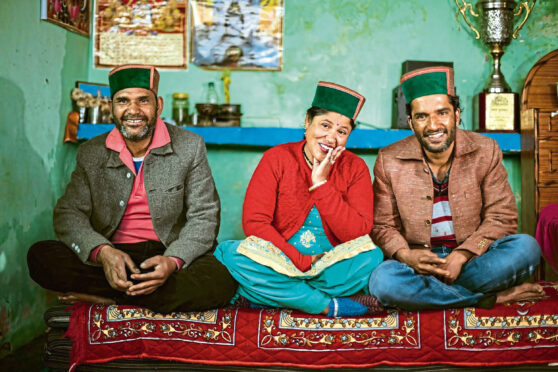
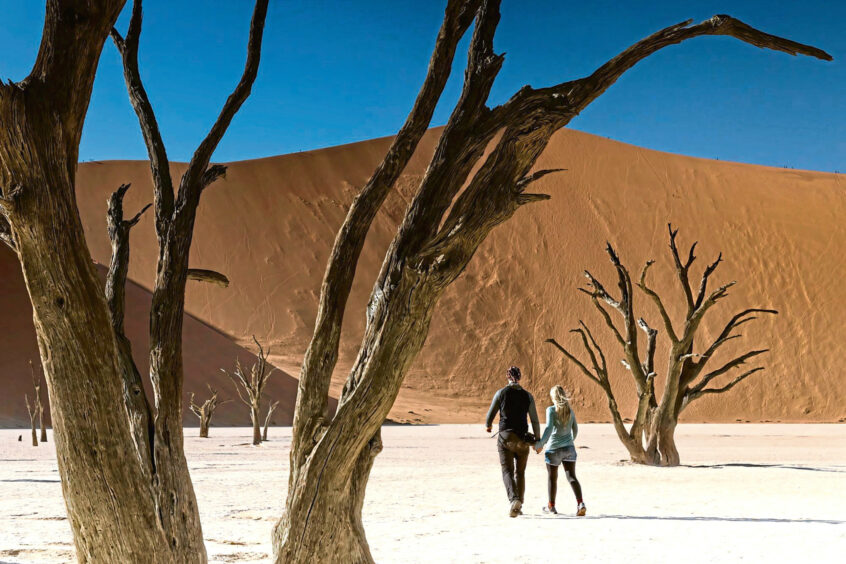
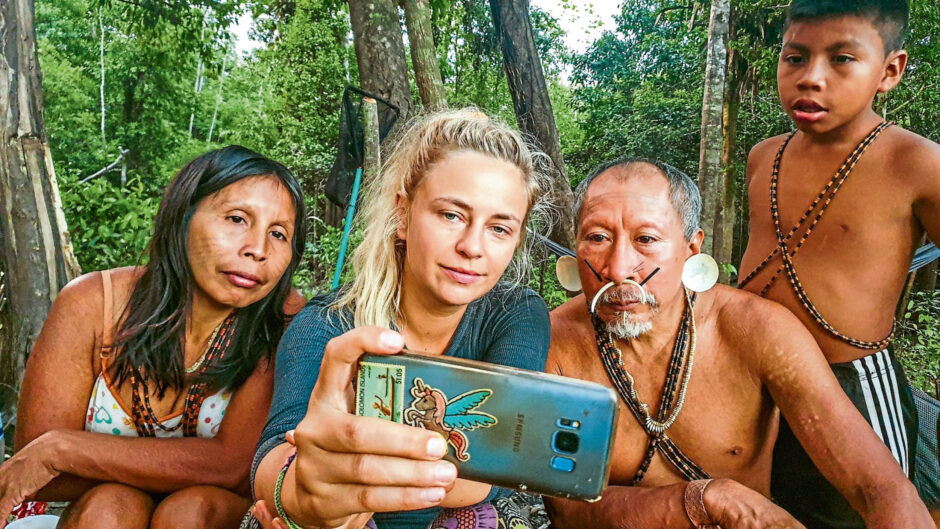


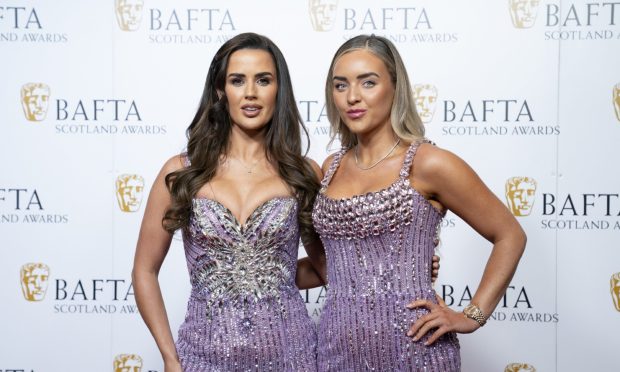
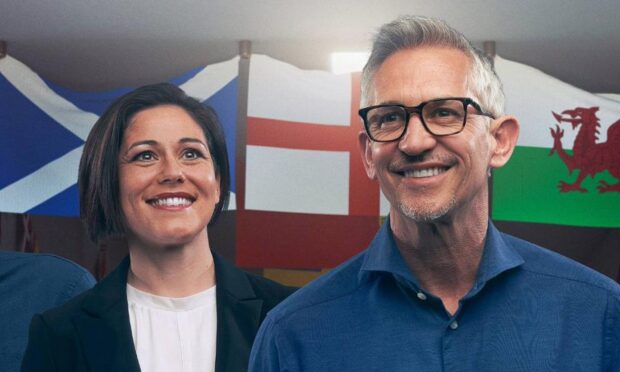
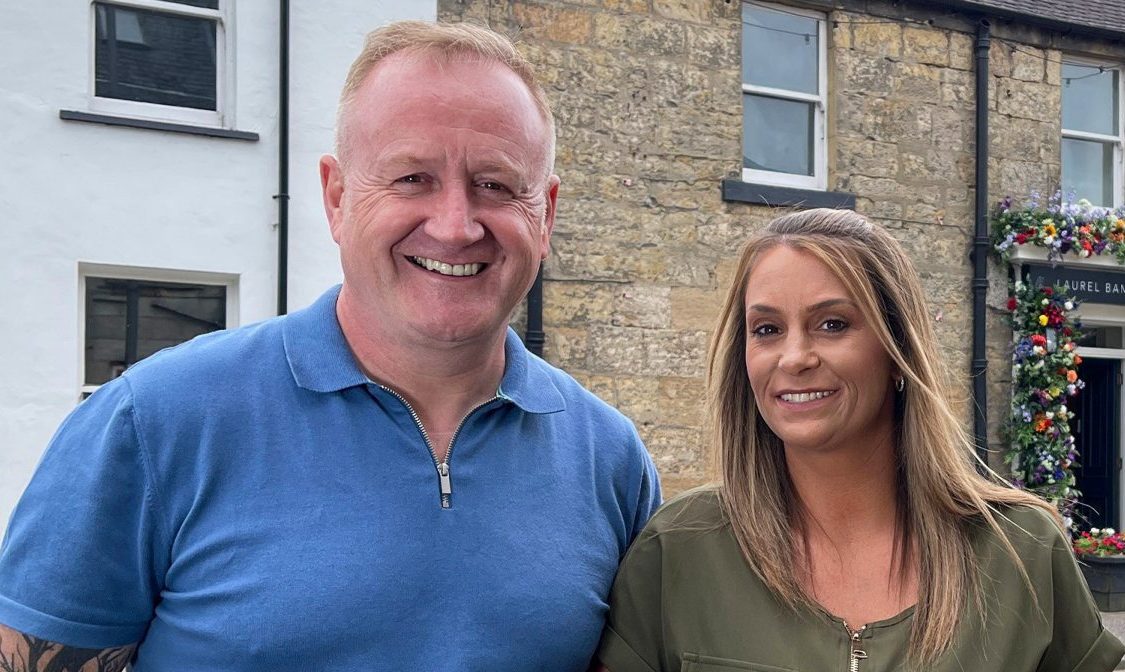
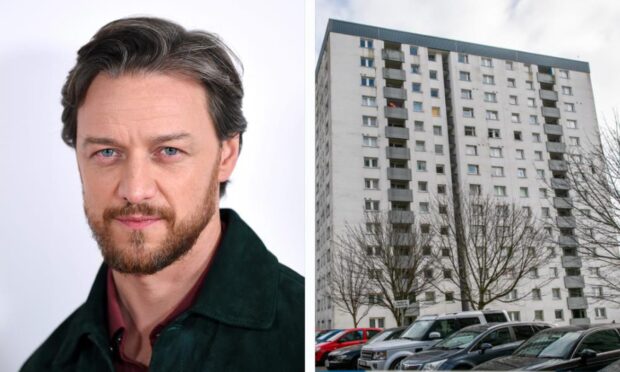
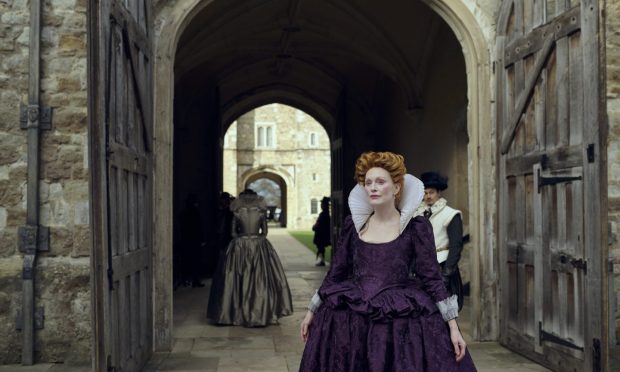
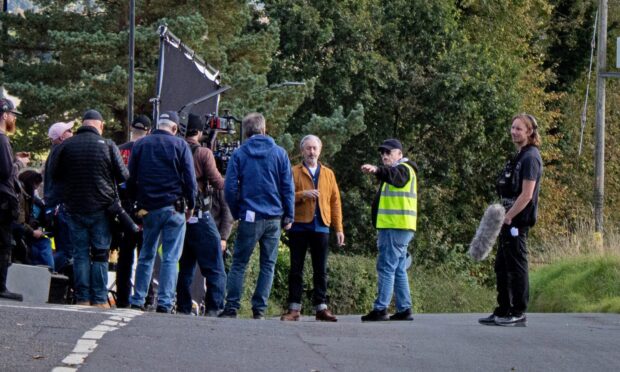
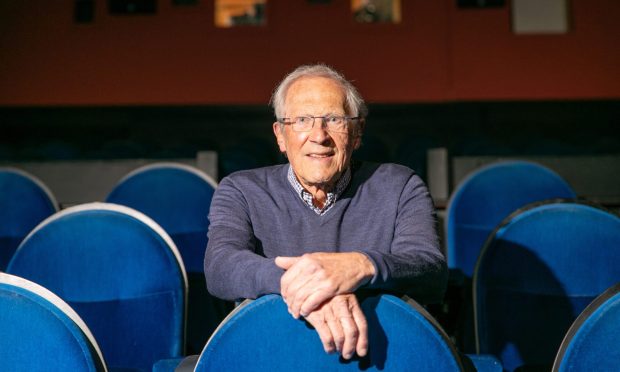
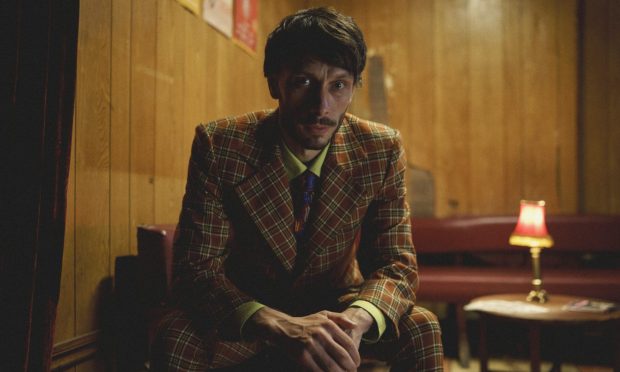
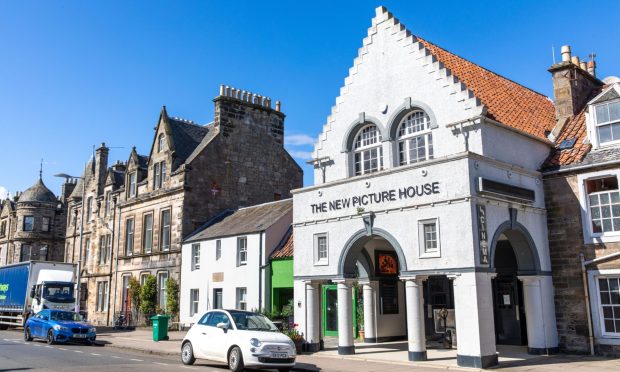
Conversation